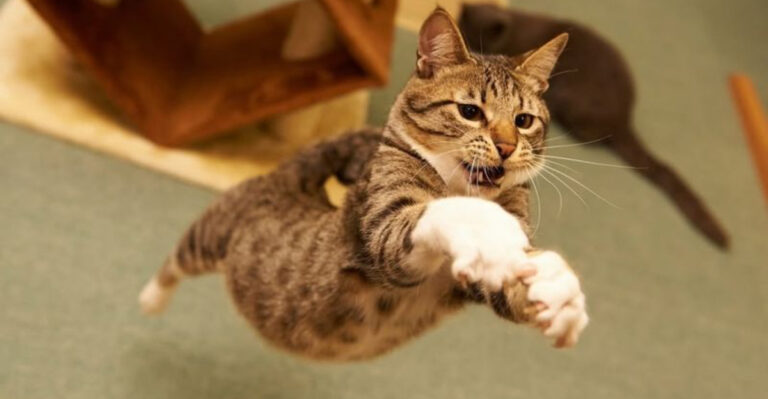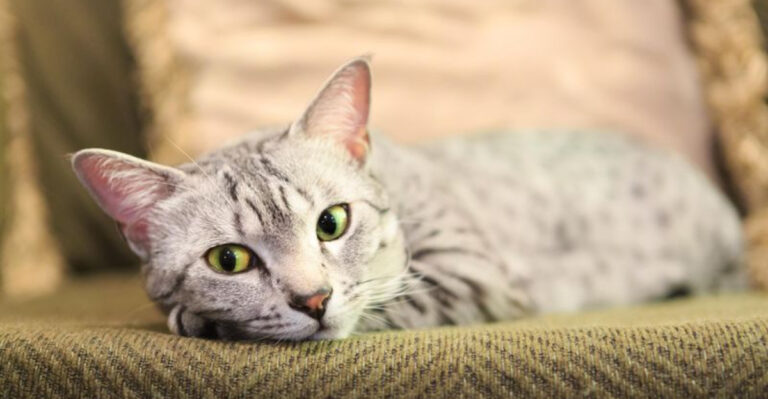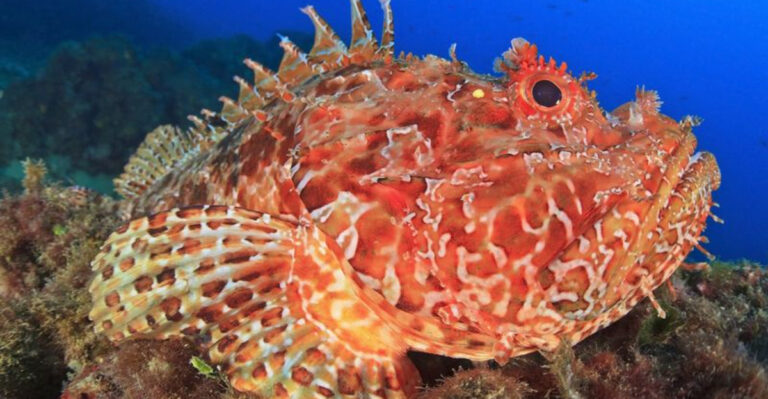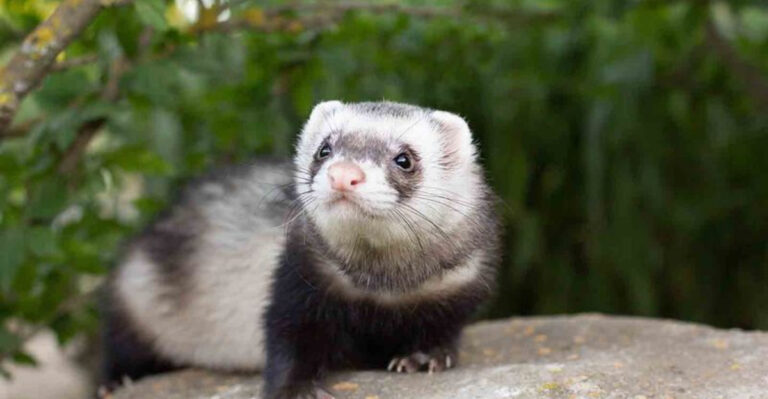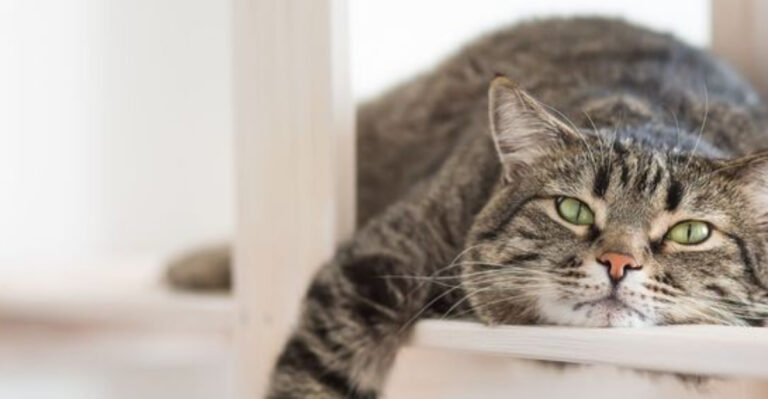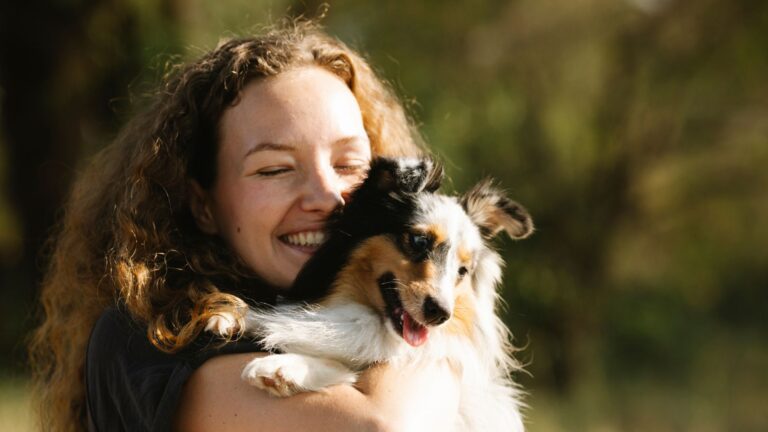14 Animals Who Prove Compassion Isn’t Just For Humans
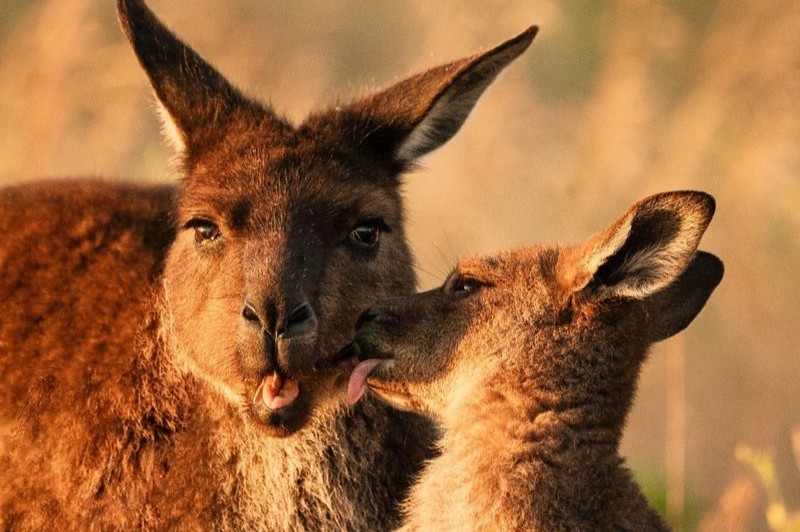
Compassion is often considered a uniquely human trait, but many animals demonstrate empathy, kindness, and emotional depth.
This post explores remarkable animals, each showcasing unique expressions of empathy and care within their species.
1. Rats
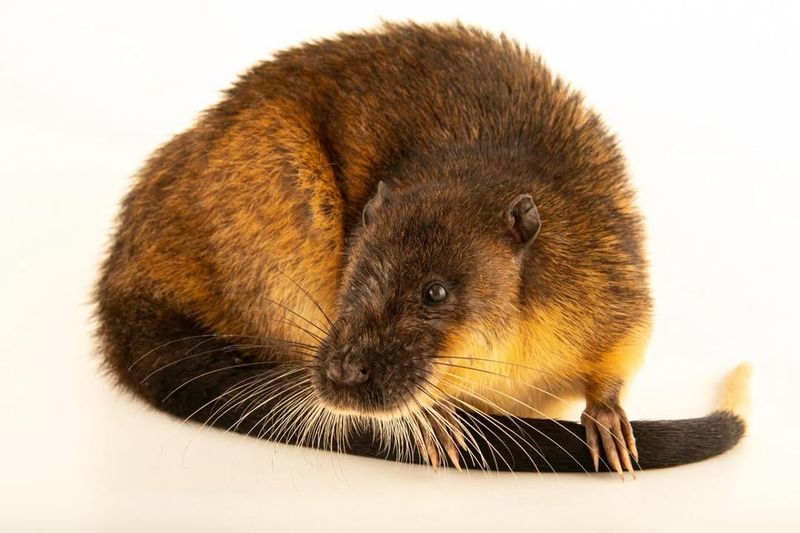
Often underestimated, rats form intricate social structures and exhibit profound empathy. Their ability to comfort distressed peers is nothing short of remarkable.
Imagine a small creature with the heart to console others, even shedding tears for lost companions.
These rodents might surprise you with their emotional intelligence, breaking any preconceived notions about their capabilities.
In group settings, rats illustrate the essence of community and care, proving themselves to be compassionate, sensitive, and remarkably social beings.
2. Dolphins
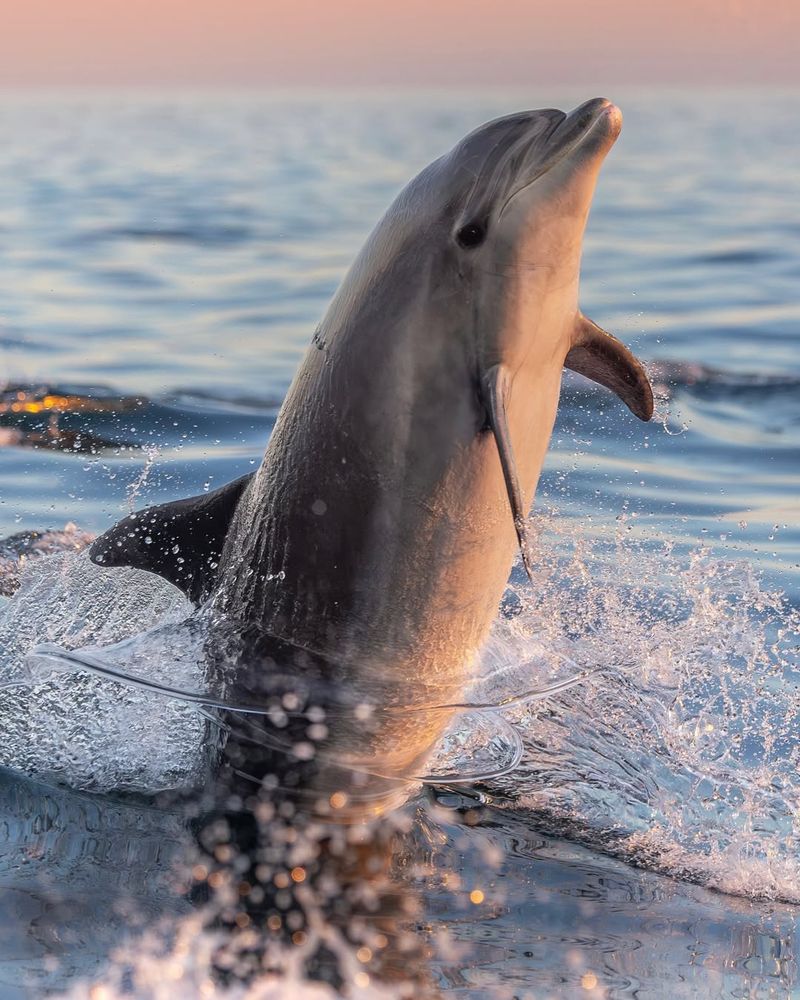
With grace and intelligence, dolphins navigate the oceans as symbols of social compassion. These aquatic mammals are known for aiding injured pod members and mourning the loss of others.
Their playful nature adds a joyful layer to their empathetic actions, making them a favorite among animal lovers.
Dolphins communicate through clicks and whistles, creating a symphony of understanding and care.
In the vast ocean, these cetaceans prove that empathy transcends land, showcasing unity and support for their kin.
3. Chimpanzees
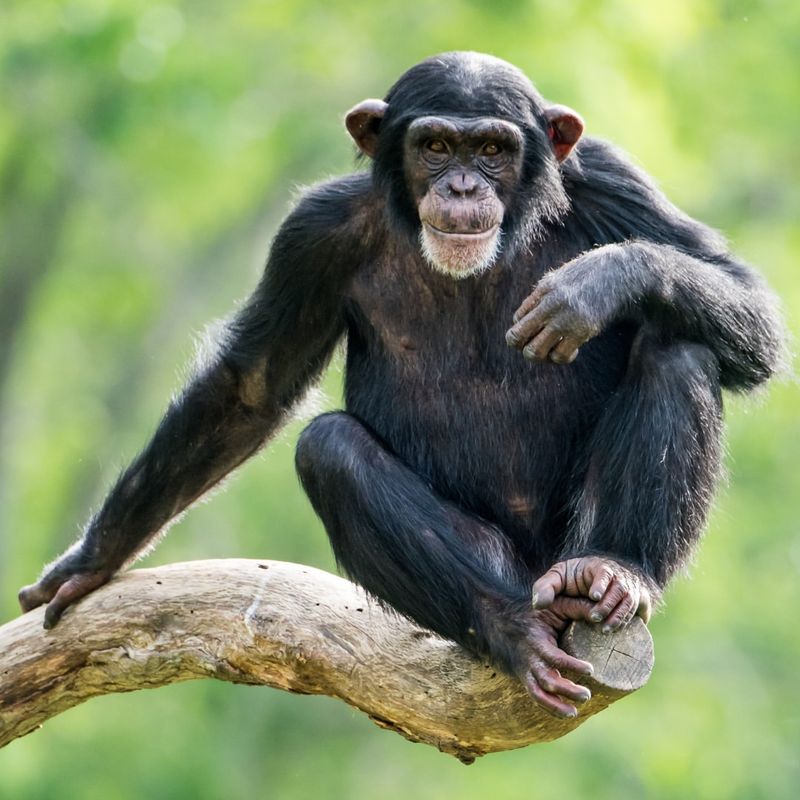
In the dense forest, chimpanzees showcase a range of emotions, mirroring human complexity. Their ability to express empathy, jealousy, and compassion adds depth to their social interactions.
Comforting distressed companions, they reveal an emotional bond that speaks of closeness and understanding.
These primates also mourn their deceased, holding silent vigils for lost members.
In the diverse tapestry of animal behavior, chimpanzees stand out as emblems of emotional intelligence, bridging the gap between humans and the wild.
4. Horses
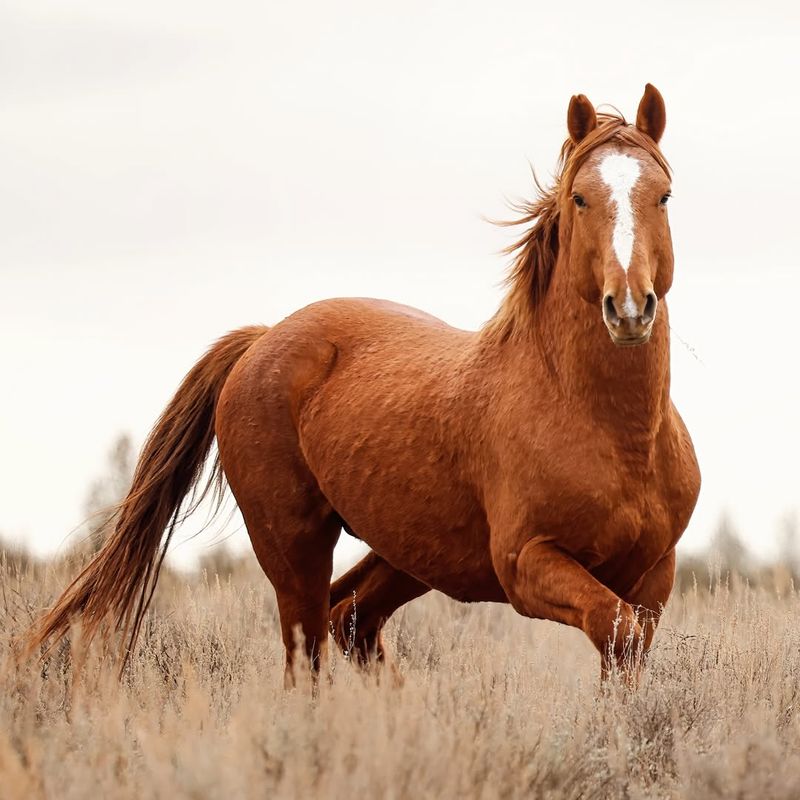
Graceful and majestic, horses possess a sensitivity that endears them to humans and their herd. With an ability to grieve and form deep bonds, they exhibit a profound emotional range.
Their capacity for understanding human emotions further cements their reputation as noble companions.
Whether frolicking in open fields or offering comfort, horses reveal a side of the animal kingdom rich in compassion and connection.
Such interactions with humans and peers underline their emotional depth and gentle nature.
5. Sea Lions
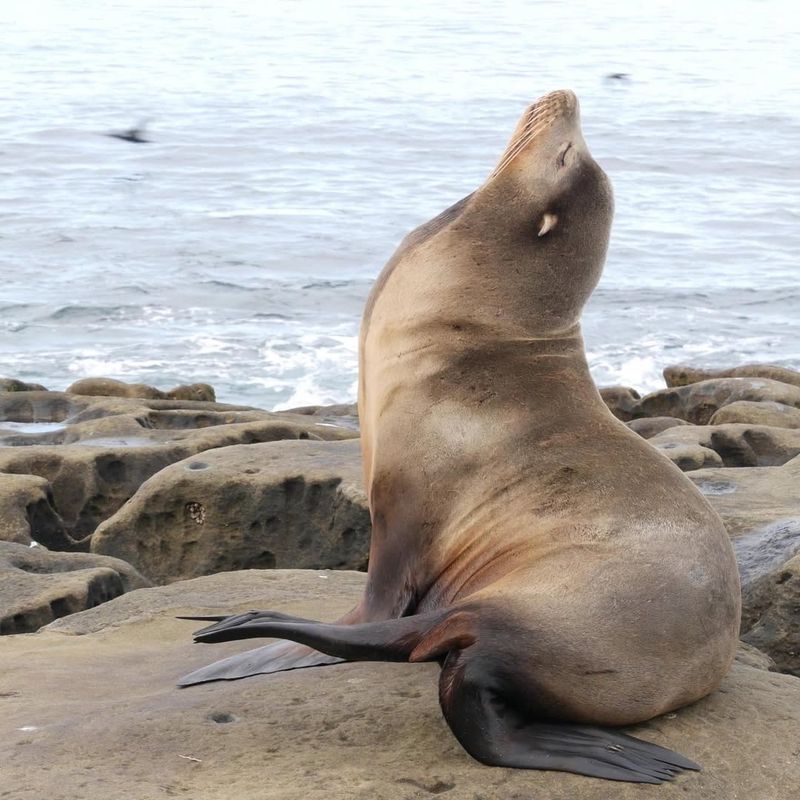
On the rocky shores, sea lions demonstrate a mother’s unwavering love. The bond between mother and pup is unbreakable, filled with nurturing and playful expressions.
When separated, their search is relentless, showcasing grief and longing. Their social interactions are filled with joy, as mother and pup engage in playful activities, strengthening their bond.
These interactions highlight the essence of maternal care, illustrating how sea lions embody compassion through nurturing and emotional connection.
6. Elephants
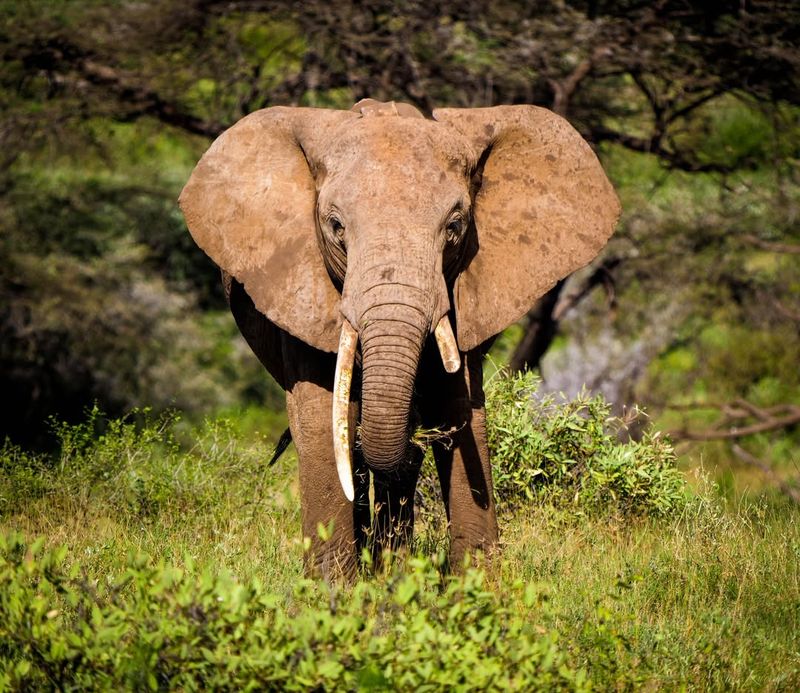
Gentle giants of the savannah, elephants stand as majestic symbols of familial bonds and empathy. Their social structure is one of unity, with family members offering comfort and protection.
Instances of elephants mourning their dead are poignant, showcasing their deep emotional connections.
These incredible creatures teach us about the importance of family, compassion, and the strength found in togetherness.
By supporting each other, elephants demonstrate that compassion is a powerful force in the animal world.
7. Pigs
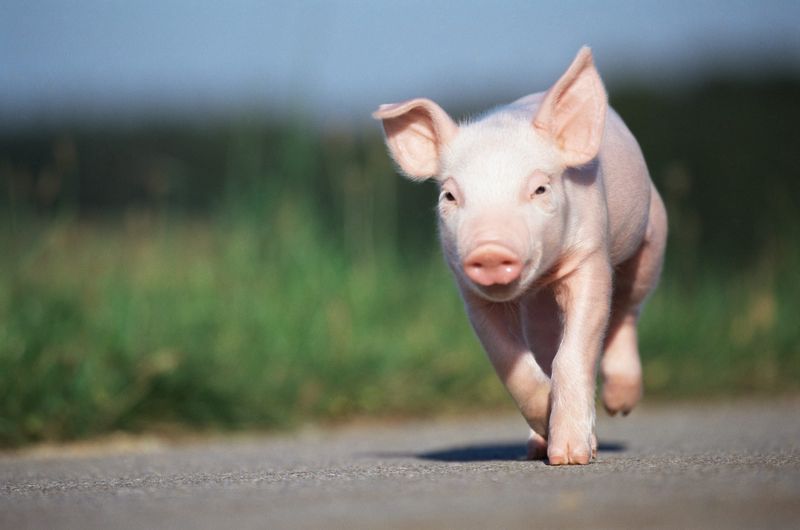
Pigs, intelligent and emotional, are often misunderstood creatures. Their ability to form close-knit social groups and express emotions like happiness, sadness, and grief paints a vivid picture of their inner world.
In the comfort of a barn or roaming fields, pigs reveal their compassionate nature, particularly when mourning the loss of a companion.
Such behaviors challenge traditional perceptions and highlight pigs as emotionally rich beings capable of deep empathy and social connection.
8. Octopuses
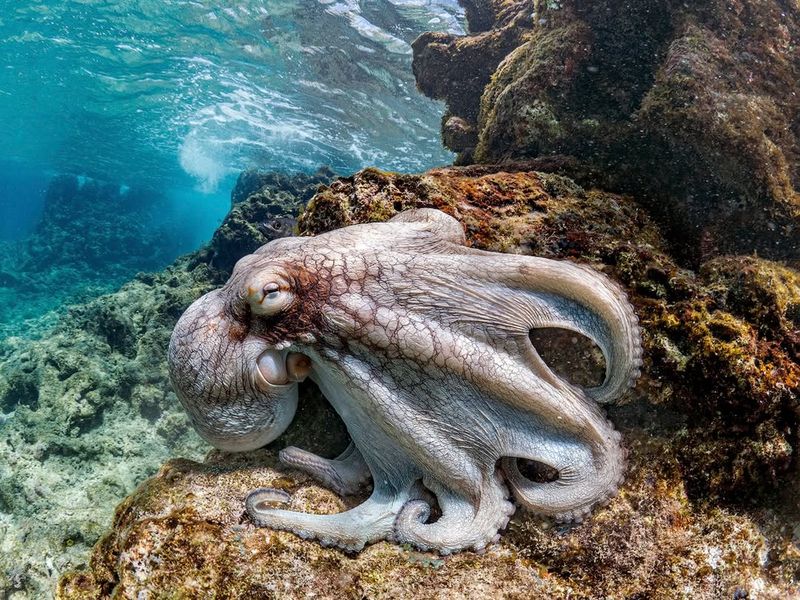
Mysterious denizens of the deep, octopuses exhibit a wide array of emotions. Their curiosity and affection are matched by moments of frustration and withdrawal, painting a complex picture of emotional life.
With ever-shifting colors and patterns, these cephalopods communicate their feelings in vibrant displays.
In their underwater world, octopuses prove that emotional intelligence is not confined to terrestrial creatures, offering glimpses into a rich and enigmatic emotional universe.
Their behaviors invite us to reconsider our understanding of emotional expression.
9. Penguins
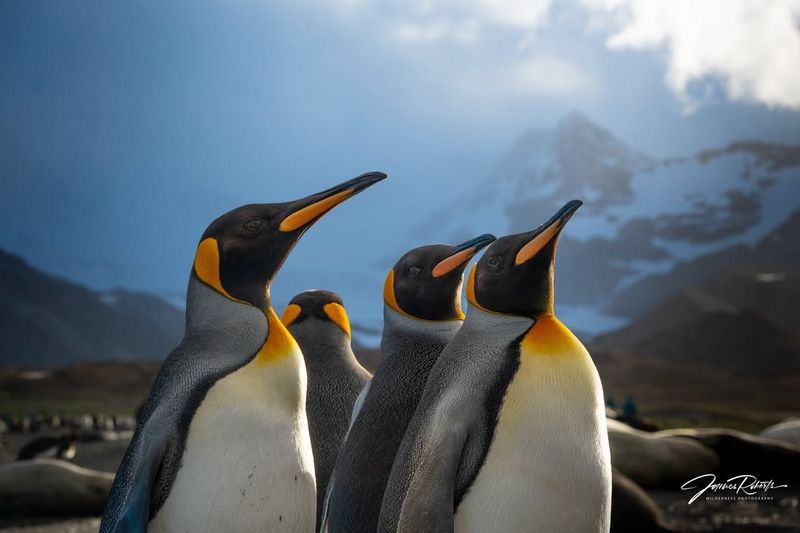
In icy realms, penguins are the epitome of partnership and commitment. These birds form lifelong bonds, working together tirelessly to nurture their young.
The loss of a mate or chick is met with visible distress, a testament to their emotional connection.
Through cooperative efforts, penguins navigate the challenges of their environment, embodying unity and shared purpose.
Their actions highlight the strength of emotional bonds and the resilience found in partnership, making them icons of compassion and devotion.
10. Crows And Ravens
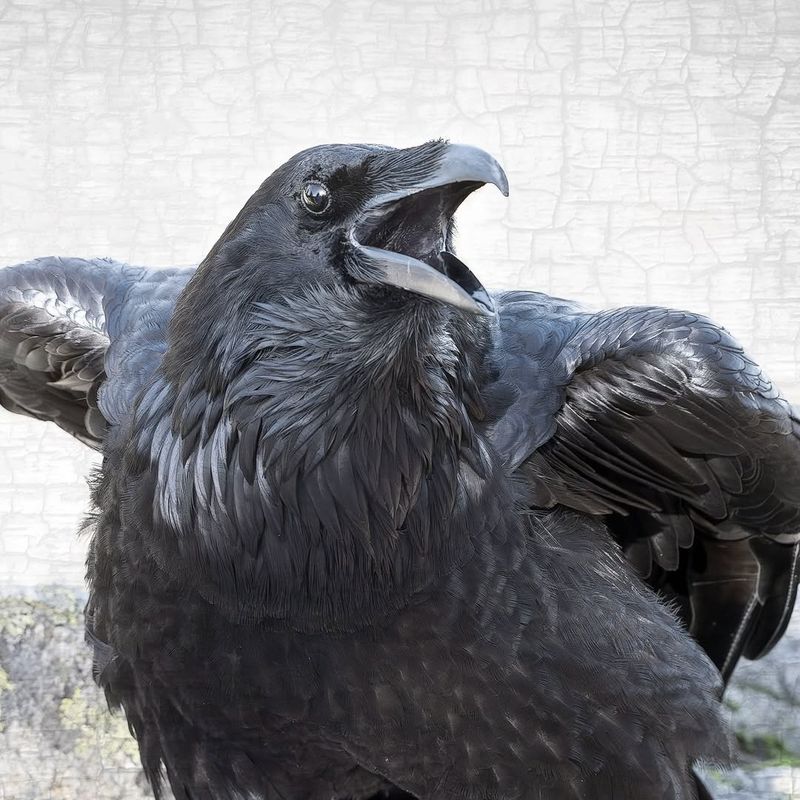
Clever and astute, crows and ravens possess an emotional intelligence that rivals many animals. Their ability to recognize faces and hold grudges speaks to a complex social structure.
Comforting one another in times of distress, these birds display empathy and understanding. Their interactions within the avian world challenge us to rethink avian capabilities.
With a reputation for cunning, crows and ravens also reveal a side of caring and compassion, leaving us to marvel at their multifaceted nature.
11. Wolves
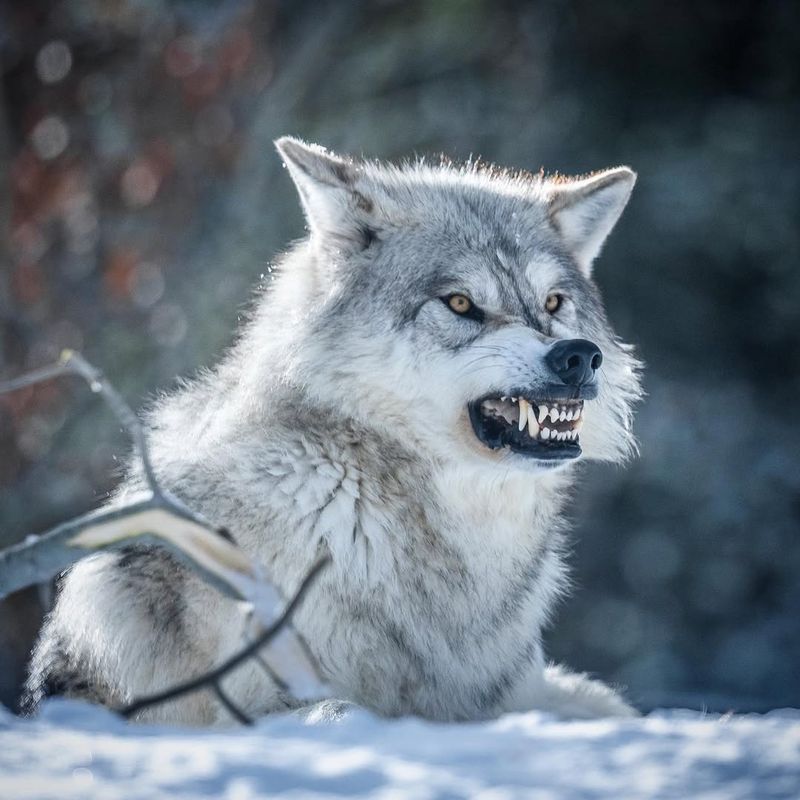
In the heart of the wilderness, wolves exemplify the strength of pack bonds. These social animals mourn lost members with heartfelt howls, a haunting yet touching display of grief.
Within the pack, wolves nurture and protect each other, guided by loyalty and a sense of belonging.
Their intricate social dynamics highlight the importance of family and connection, revealing how empathy and compassion drive their interactions. Wolves remind us that strength lies in unity and mutual support.
12. Cats
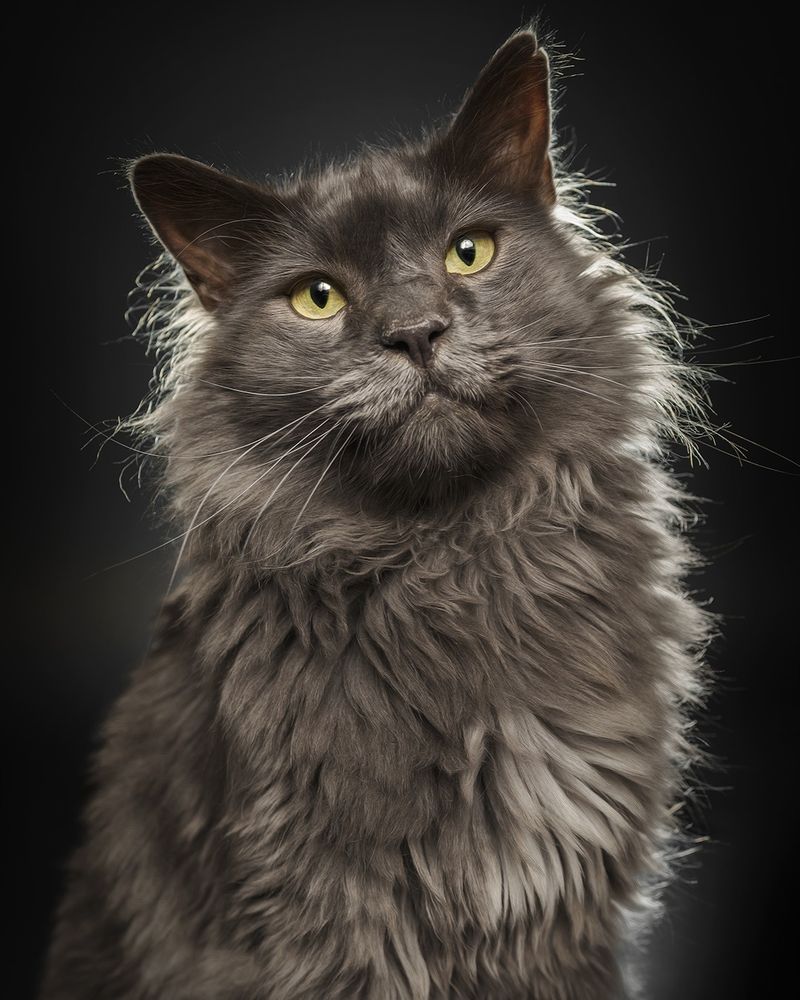
With subtlety and grace, cats carve a niche in human hearts. Their emotional bonds, often expressed through gentle purring and comforting snuggles, reveal a depth of feeling.
Cats respond to human emotions, offering solace with an uncanny sense of timing. Though independent, their ability to sense and respond to distress showcases a unique form of empathy.
As companions, cats demonstrate that compassion doesn’t always have to be loud; sometimes, it purrs softly by your side.
13. Orangutans
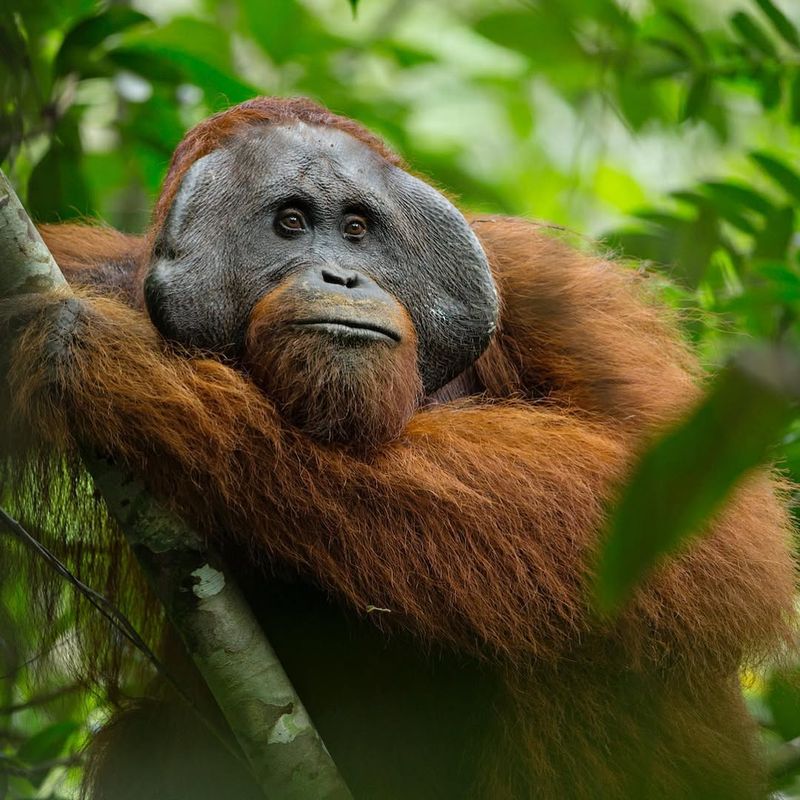
Orangutans, with their expressive faces and gentle nature, are known for their emotional richness. Their interactions reveal a world of affection, grief, and playfulness.
These primates comfort one another in times of loss, displaying a sensitivity that resonates deeply within the animal kingdom.
In the lush jungles, orangutans form bonds that defy the wild’s harsh realities, reminding us of the enduring power of empathy. Their behaviors are a testament to the intricate tapestry of animal emotions.
14. Kangaroos
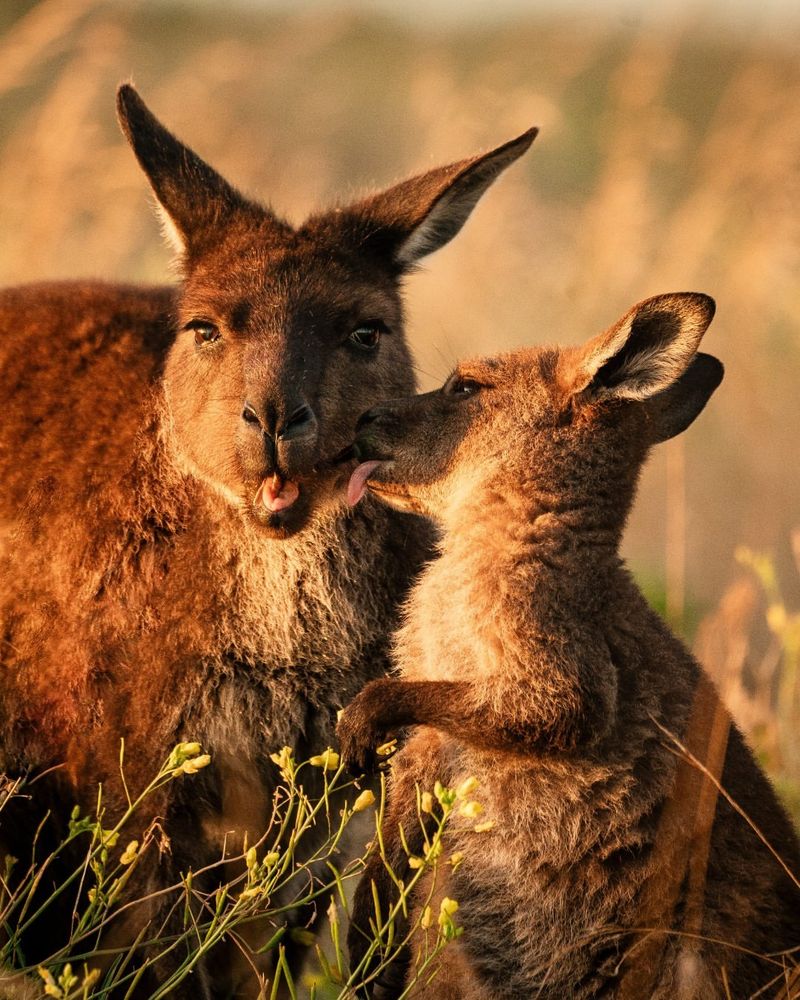
Bouncing across the Australian outback, kangaroos are social and nurturing marsupials. Family groups form tight bonds, with mothers particularly attentive to their young.
The distress shown when separated underscores the depth of their connections. Through nurturing behaviors, kangaroos exemplify care and compassion, offering insight into their complex social structures.
In a land of vast open spaces, these marsupials illustrate how strong family ties create a sense of belonging and support, emphasizing compassion’s universal appeal.

